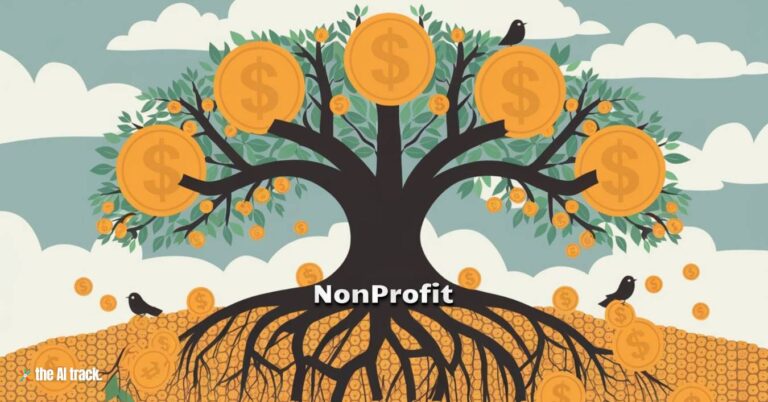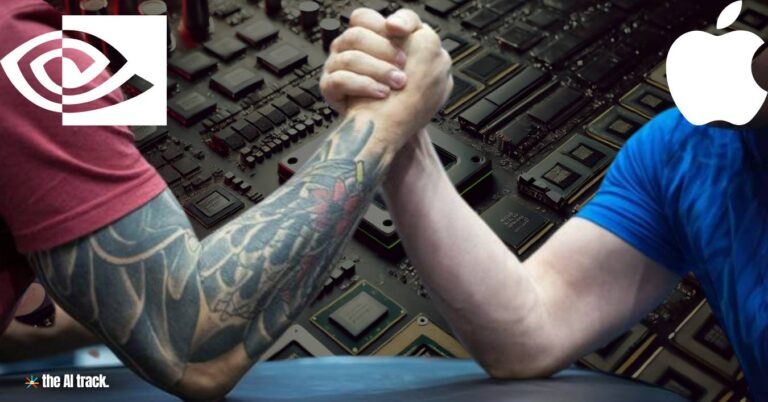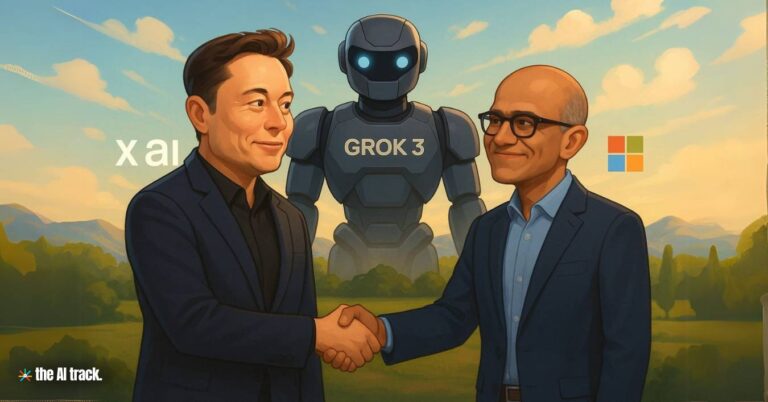Sam Altman’s latest endeavor, the launch of a network of AI chip factories, is poised to redefine the landscape of AI technology. With an ambitious goal of raising billions, this initiative by the CEO of OpenAI is not just a testament to the rapid evolution of artificial intelligence but also a strategic move to claim a significant stake in the AI hardware sector.

Sam Altman’s Network of AI Chip Factories – Key Points
- OpenAI’s Strategic Shift to Hardware: This move signals a significant shift in OpenAI’s strategy, transitioning from purely software-based innovations to hardware development. The AI chip factories are expected to produce semiconductors tailored specifically for AI applications, promising unprecedented advancements in processing capabilities. This pivot aligns with the company’s vision as outlined in OpenAI’s Ambitious Path, which discusses navigating through fiscal challenges to achieve groundbreaking milestones.
- Financial Backing and Industry Collaborations: Altman’s venture into AI chip manufacturing is in the early stages of securing financial backing, with talks ongoing with major investors like G42 and SoftBank Group. Additionally, potential partnerships with leading chip manufacturers like Intel, TSMC, and Samsung are under consideration, as revealed in The Rapid Reversal: Sam Altman’s Return to OpenAI. These partnerships could be crucial in bridging the gap between AI software and hardware, offering new opportunities for synergy.
- Enhancing AI Capabilities: The proposed AI chip factories are more than just manufacturing hubs; they represent a leap towards achieving more sophisticated and integrated AI systems. As highlighted in OpenAI’s CEO Shares Vision for AGI Ecosystem, these chips could significantly accelerate OpenAI’s progress towards Artificial General Intelligence (AGI), a milestone in AI development.
- Implications for the Global AI Industry: By investing in AI chip production, OpenAI is not only advancing its own technological capabilities but also contributing to the broader AI industry’s growth, potentially influencing future trends and standards in AI technology.
- Economic and Technological Impact: Establishing a network of AI chip factories requires massive investment, but the payoff could be significant. By localizing chip production, this venture could reduce dependencies on existing semiconductor supply chains, which have been a bottleneck for tech companies worldwide. Moreover, AI-specific chips could lead to more energy-efficient and powerful AI models, potentially reducing the environmental impact of large-scale AI computations.
- Challenges and Prospects: While the ambition is clear, the path to establishing these AI chip factories is fraught with challenges. Securing billions in funding, navigating complex international trade and technology laws, and competing with established semiconductor giants are just a few of the hurdles. However, the success of this venture could herald a new era in AI development, making AI more accessible and efficient.
Sources
- OpenAI CEO Sam Altman is fundraising for a network of AI chips factories because he sees a shortage now and well into the future | Fortune
- OpenAI CEO Sam Altman is still chasing billions to build AI chips | The Verge
- OpenAI CEO Sam Altman Looks to Raise Billions for Network of AI Chip Factories | Bloomberg
- Sam Altman seeks to raise billions for network of AI chip factories – Bloomberg News | Reuters





